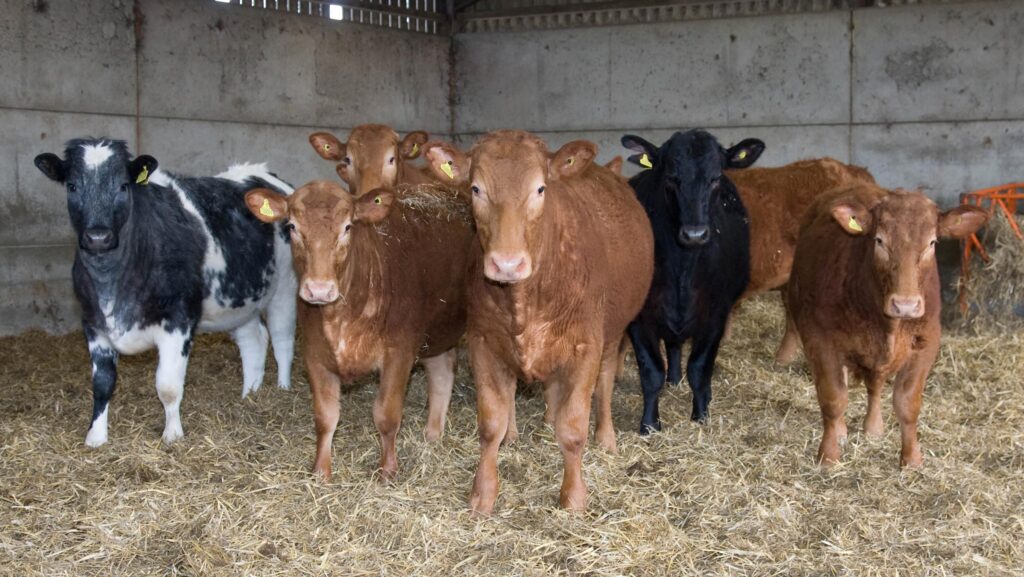New rapid bovine TB test to be developed
 © Tim Scrivener
© Tim Scrivener Welsh researchers have secured nearly £1.2m in funding to create a groundbreaking bovine tuberculosis (TB) detector that can provide results within an hour.
In the UK, the high prevalence of TB in cattle affects farmers’ livelihoods and wellbeing, with costs for surveillance, diagnostic testing, and related measures totalling around £100m a year.
See also: New Welsh bovine TB board ‘must follow the science’
Prof Les Baillie, from Cardiff University, will co-lead on the project, and said: “Tuberculosis is a particular problem for farmers in Wales who have seen bovine TB decimate herds across the country.
“Diagnosis of the early stages of infection is challenging due to the lack of rapid, accurate tests.
“To address this, we are working with colleagues from Aberystwyth University to advance the development of a real-time test, capable to detecting the presence of the pathogen in clinical and environmental samples.”
Prof Nigel Copner, from Aberystwyth University, said the new method could achieve high sensitivity directly from on-site samples.
He added: “If successful, this technique could achieve near-PCR sensitivity at the point of sampling, potentially revolutionising pathogen pandemic management.”
Current test weaknesses
The main test for bovine TB in the UK is the tuberculin skin test. The interferon-gamma blood test, or gamma test, is also used.
According to the Welsh government, the skin test is likely to identify only one “false positive” animal in every 5,000 non-infected cattle tested. But, at best, it may only identify 80% of infected animals, which means it can leave behind a lot of infected animals in the herd.
This project is one of 36 funded by a £32.4m UK Research and Innovation pot, which supports innovative, interdisciplinary research.
